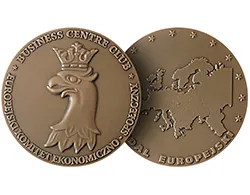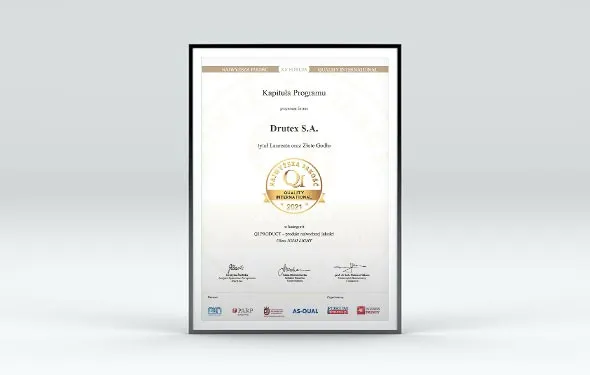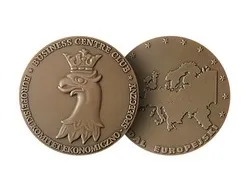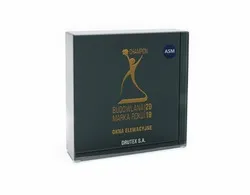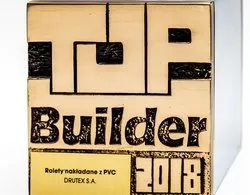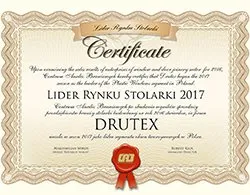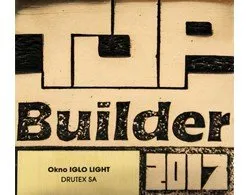Energy efficiency starts with the glass.
The difference between window panes and which one to choose for your windows: how many chambers??
Another non-white Christmas is over. It’s almost mid-January and we still experience above zero temperatures. It is slowly becoming the norm. If you don’t like winter, you might even be happy. However, global warming is a fact, and as a result we all face a challenge of how to manage energy more efficiently. Each of us may contribute to safeguarding our planet. One of the keys to success is energy efficiency. Let’s implement it in our houses. Let’s start with windows, specifically – window panes.
The market offers a few types of windows that differ i.a. by the number of chambers. – „There is no doubt that the window pane has the greatest influence on the window thermal, since it covers the biggest surface. When looking for savings in heating costs it is worth investing in the proper ‘warm glass’– recommends Mirosław Furtan, production director at Drutex S.A.
The higher number of chambers, the lower heat transmission (loss) coefficient the windows will have. As a result, in winter we may decrease heating bills significantly. It is an advantage both for our pocket and for the environment. It is obviously in short, since the issue of choosing U the thermal transmission coefficient turns out to be a bit more complex.
When choosing windows, you should make sure you don’t confuse the technical parameters of the whole window and the parameters of the elements. U heat transmission coefficient, defining a specific element as ‘warm’, functions in technical descriptions under various indexes. E.g. Uw abbreviation stands for the coefficient of the whole window, whereas Ug – the coefficient of the window pane. That is why it is important to read correctly the technical specification of windows. Windows with the glass in good Ug coefficient (windows with so-called ‘warm glass’) don’t necessarily have a good Uw coefficient as a whole, due to the fact that energy efficiency is affected by the glass, as well as other elements of the window and by its size.
– „We need to remember that even the best window pane and the best profile may be combined in a way that the final product will not serve its function. Therefore, it is worth opting for windows from an experienced manufacturer who will guarantee fully professional production” – adds M. Furtan.
What windows should we choose? How many chambers are recommended for various types of buildings? Two-chamber windows are recommended for so-called old buildings, that is for buildings from the 80’s and before. The insulation that was commonly applied in these buildings, and the kind of ventilation don’t favor windows with three-glass package. However, if we’re building a new house, it’s worth buying windows with an extra pane which may achieve the thermal transmission coefficient below 1,0 W/m2K,, such as Iglo Energy windows from DRUTEX offer. Three-glass windows are a standard in so-called passive houses, where energy consumption in exploitation is limited to the minimum – below 15 kWh/(m²·year).
– „For example, a 7-chamber profile is over 80 mm thick, therefore it easily fits 3 layers of glazing. The number of chambers also affects the distance between window panes. The higher, the better – since it decreases the coefficient and the window has better parameters ” – explains M. Furtan.





















